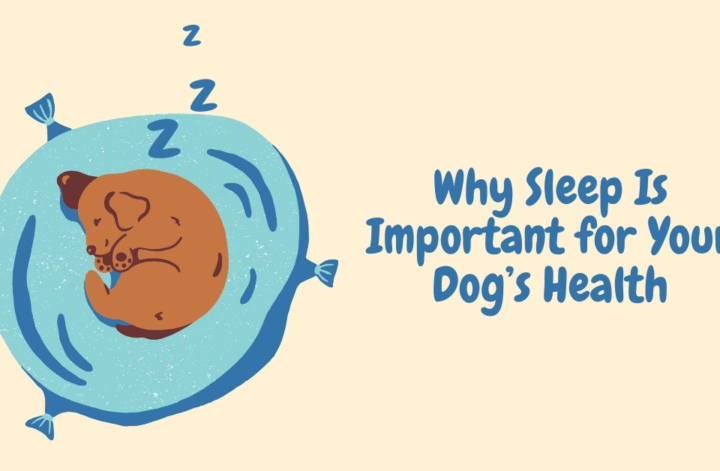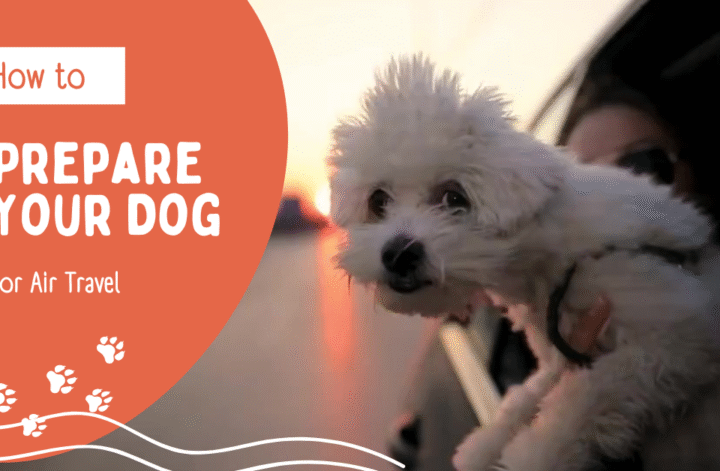Dogs have a life most humans would be envious of. They sleep at night and spend their days lounging around, napping in warm patches of sunlight or on the couch. Their wake-ups from sleep are characterized by spurts of energy and excitement. However, the manner in which dogs sleep differs from that of humans, and this difference generally leaves owners wondering if their pets are sleeping too much or too little.
Dogs, being carnivores, require a lot of sleep, even more so than humans. This is partly because life in the wild brings with it a certain level of risk. Sleep is a vulnerable time for prey animals, and dogs are not an exception. However, how much sleep a dog requires can vary depending on a number of factors. Of these, age is of the greatest importance and greatly affects the sleep patterns of a dog.
Puppies: Although studies on puppy sleep are few, according to one study, puppies need at least 11 hours of sleep per day. Although puppies sleep less during the night than adult dogs, their naps during the day are longer. Puppies usually find rest in a crate or kennel.
Adult Canines: Adult canines typically require eight to 13.5 hours of nighttime sleep, averaging less than 11 hours. Compared to most adult humans, who require seven to eight hours of sleep, adult canines sleep more at night and nap more during the day. Adult canines spend about 60% to 80% of their sleep time from 8 p.m. until 8 a.m. But daytime napping is still a necessity for them, amounting to as much as 37% of their day. At the age of one, dogs typically move on to a comfortable dog bed.
Senior Dogs: Middle-aged and older dogs show a preference for fewer nighttime wake-ups and later morning wakes. They also take more daytime naps.
Dogs are remarkably flexible animals, with the ability to acclimate to very different surroundings. An experiment on shelter dogs, who slept less during the day because of shelter activity, found that these animals made up for it by sleeping more soundly at night and waking up less often. By so doing, they were able to achieve an average of 11 hours of nighttime sleep, similar to their shelter-free counterparts.
However, adaptability can be costly. The same research revealed that dogs that slept more throughout the day showed more relaxation and happiness. If your dog is showing symptoms of poor sleep, it is well worth looking into the reasons why they are having restless nights.
Although there is little research on the symptoms of sleep deprivation in dogs, it appears from anecdotal reports that they may exhibit some of the same symptoms as sleep-deprived humans, such as
Increased response to stressful stimuli Irritability and mood swings Altered memory. The impact of sleep reaches into a dog’s ability to learn. A study found that dogs that had good sleep after learning a new command performed better than their sleep-deprived counterparts when tested a week later.
How to Improve Your Dog’s Sleeping Quality?
Dogs naturally find the rest they need for a peaceful and happy existence. However, there are things you can do to ensure your dog’s sleep environment and routine are conducive to quality sleep.
Create a Schedule: Routine can prove to be helpful for a dog having trouble unwinding. Try to have a regular daily schedule to assess its effect on your dog’s slumber.
Promote Independent Slumber: While several individuals allow their dogs to share their beds, this may disturb human and canine sleep. Even if owners don’t realize it, these disruptions may influence the quality of your dog’s sleep.
Convenient Bedding: Regardless of whether your dog sleeps in a kennel, crate, or dog bed, take care to offer them a comfortable and supportive sleeping surface. Joint conditions or older canines need a more supportive bed.
Dark and Quiet Sleeping Area: Being mammals, dogs are dictated by the circadian rhythm, and thus it becomes simpler for them to sleep in a dark or dim area. Any high level of noise will disturb their sleep.
Regular Exercise: Although studies on the interaction of exercise and sleep in dogs are limited, reported evidence indicates that regular exercise plays a role in better sleep quality. This is particularly so with very active working breeds.
Daytime Rest Breaks: New places, crowded places, and strangers can disrupt your dog’s daytime rest. To allow them to get all the rest they need, give them breaks of rest in a quiet, familiar area.
In conclusion
Dogs sleep differently compared to humans, and their sleep requirements depend on various factors such as age. Knowing the sleeping needs of your dog and making changes to their routine and environment can encourage better and more comfortable sleep, leading to a better overall life for them.




